Menu
The Power of Gifted Education and Talent Development in a Changing World
July 29 - August 2, 2025
Step into a captivating journey as the 26th WCGTC® World Conference arrives in Braga, Portugal. From July 29th to August 2nd, engage with renowned researchers, educators, and stakeholders in gifted education, talent development, and creativity. Unleash your imagination amidst Braga’s charm and join the global movement that embraces the extraordinary potential within gifted minds.
